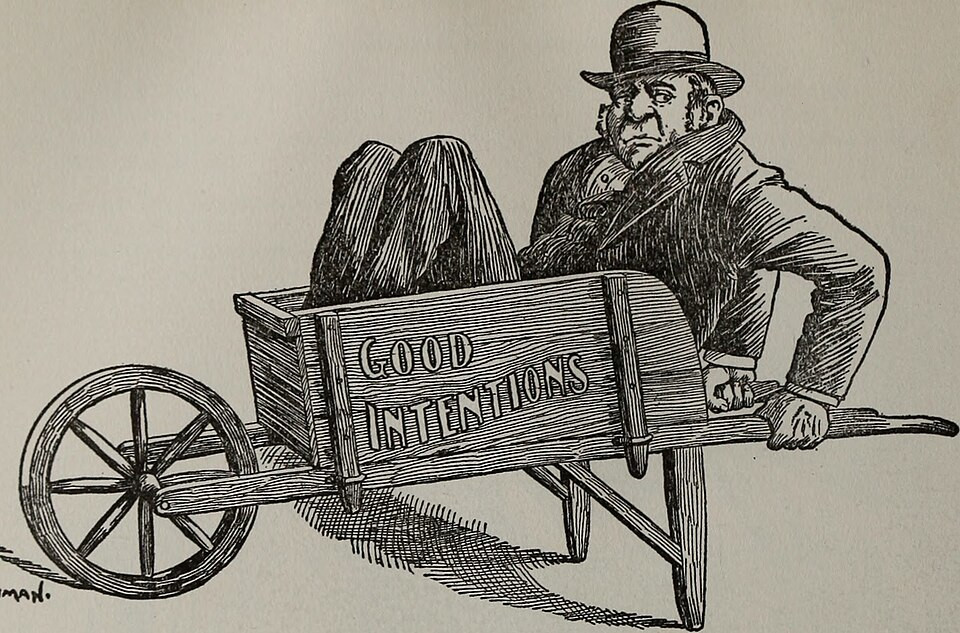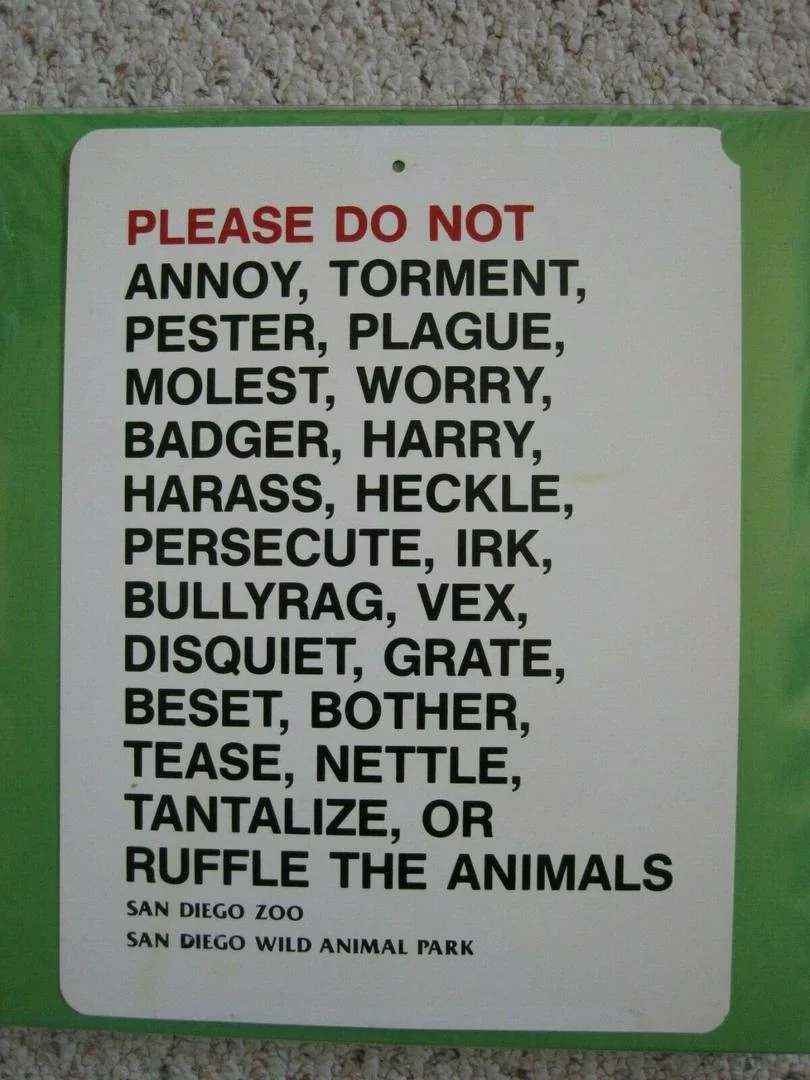Some words become famous for their implausibly specific definitions:
ucalegon: a neighbor whose house is on fire
nosarian: one who argues that there is no limit to the possible largeness of a nose
undoctor: to make unlike a doctor
Mrs. Byrne’s Dictionary of Unusual, Obscure, and Preposterous Words, by Josefa Heifetz Byrne, collects examples ranging from atpatruus (“a great-grandfather’s grandfather’s brother”) to zumbooruk (“a small cannon fired from the back of a camel”). My own favorite is groak, “to watch people silently while they’re eating, hoping they will ask you to join them.”
Alas, most of these don’t appear in the magisterial Oxford English Dictionary. Accordingly, in 1981 Jeff Grant burrowed his way into the OED in a deliberate search for obscure words. When he reached the end of A he sent his 10 favorite finds to the British magazine Logophile:
acersecomic: one whose hair was never cut
acroteriasm: the act of cutting off the extreme parts of the body, when putrefied, with a saw
alerion: an eagle without beak or feet
all-flower-water: cow’s urine, as a remedy
ambilevous: left-handed on both sides
amphisbaenous: walking equally in opposite directions
andabatarian: struggling while blindfolded
anemocracy: government by wind
artolatry: the worship of bread
autocoprophagous: eating one’s own dung
“I have been working slowly through ‘B’ and so far my favourite is definitely ‘bangstry’, defined as ‘masterful violence’, an obsolete term that is surely overdue for a comeback.”
(From Word Ways, November 1981.)



